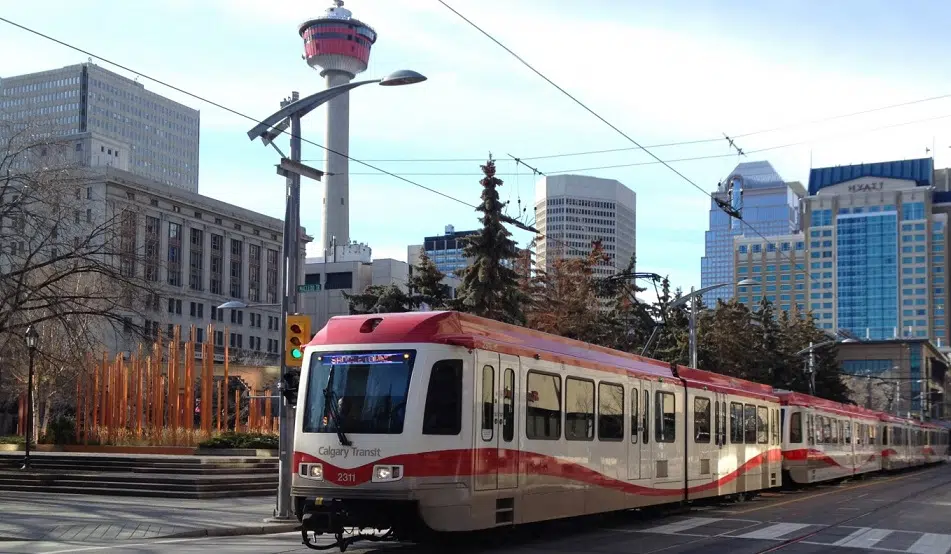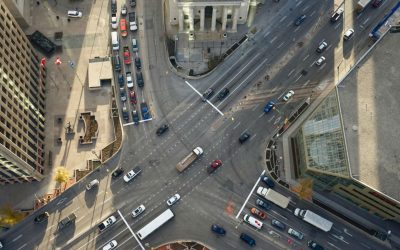A historic conversation is occurring on a section of “Indian country” in northwestern British Columbia. First nations people of the Nisga’a territory are evaluating legislation that may soon allow individual Nisga’a to own private land they can transfer to whomever they wish, Nisga’a or non-Nisga’a.
The Nisga’a Landholding Transition Act provides individual Nisga’a landowners with rights to hold land in fully transferable “fee simple.” Residential properties will be registered and protected in the Nisga’a Land Title Office. What is remarkable is this proposal calls for real property rights, meaning land that can be transferred to whomever one chooses. After all, if the owner cannot transfer the land to anyone, the right is not meaningful.
The Nisga’a government recently held information meetings to gather feedback on these proposals and because, usually, most on-reserve first nations do not own their own land. Under the federal Indian Act, title to reserve lands is held by the Crown but held in trust by Indian band councils.
On reserves, title is provided to individuals through certificates of possession distributed through the band council. But these certificates are only transferable to other band members and exist at the whim of political leaders.
This would be different as Nisga’a are not under the Indian Act. Almost a decade ago, they passed a modern treaty that exempted them from the Indian Act and placed ownership of Nisga’a land with Nisga’a Village governments.
Now, this same government proposes to allow individuals to claim residential plots of their own land. Granted, it is a small step, as the individual plots can be no more than 0.2 hectares (about half an acre). But this will allow for wealth creation and economic development on Nisga’a territory.
Wealth creation and poverty reduction are intimately connected to the institution of private property. Nobel-winning Peruvian economist Hernando de Soto, in his landmark The Mystery of Capital: Why Capitalism Triumphs in the West and Fails Everywhere Else, explained how poor people in developing countries were literally sitting on their ticket out of poverty. They possessed real estate, chattel and businesses. But governments did not provide them with formal ownership rights over these assets. Without formal ownership, poor people could not place their own land as collateral for business loans.
To grant individual property rights to Nisga’a residents will allow Nisga’a to leverage this land to secure credit and start businesses. Fee simple ownership will allow a Nisga’a landowner to leverage their own land for a mortgage or another loan from a bank or other financial institution. They will also be able to lease the land to anyone and build equity in their homes.
These are rights Canadians take for granted, so the landmark nature of this debate escapes much of society. What is historic is the possibility that indigenous peoples could overcome the traditional naysayers within their own communities; private property and even commercial activity are still taboo in parts of first nations societies.
The dragon to be slain is the notion that engaging in commercial activity will somehow make someone less indigenous. This idea is silly. It presumes indigenous people have never engaged in commercial activity when most of their history is based on sophisticated trade networks.
Besides, it is erroneous to assume that business robs one of indigenous identity. Other minority groups in Canada, such as Jewish and Japanese communities, retain vibrant cultures and are fully integrated into the market economy. As indigenous writer Calvin Helin said, “there is no culture to be had in poverty.”
Another dragon to be fought is the idea that private property or individual accumulation is not for aboriginal Canadians.
“It is good for others, but not for us,” contend some leaders. For instance, scholars such as Gerald Taiaiake Alfred rail against development on indigenous lands and argue that capitalism is “colonialist” while they offer no alternative to first nations poverty. This idea presumes indigenous culture cannot change or that identity must be connected to communal ownership. But it ignores the successes of off-reserve Indians or New Zealand’s Maori, who have no reserves and still maintain strong cultural identity.
The debate in the Nisga’a territory is one that ought to occur on first nations territories everywhere. It occurs on Nisga’a land because they have signed a treaty that grants property to their indigenous governments, not the Crown. Thus, they can grant that land to individuals as they choose.
Indigenous Canadians need a way to bring Indian Act bands and other indigenous communities into a system where land can be easily transferred to individual first nations. The First Nation Land Management Act, enacted in 1999, allows first nations to develop land codes over their own land but has limits on land transfer and is onerous to adopt.
The federal government must develop a more robust means to transfer land to first nations. Then a real revolution for all indigenous people can occur.
(This article first appeared in the Globe and Mail, on July 8, 2009).


